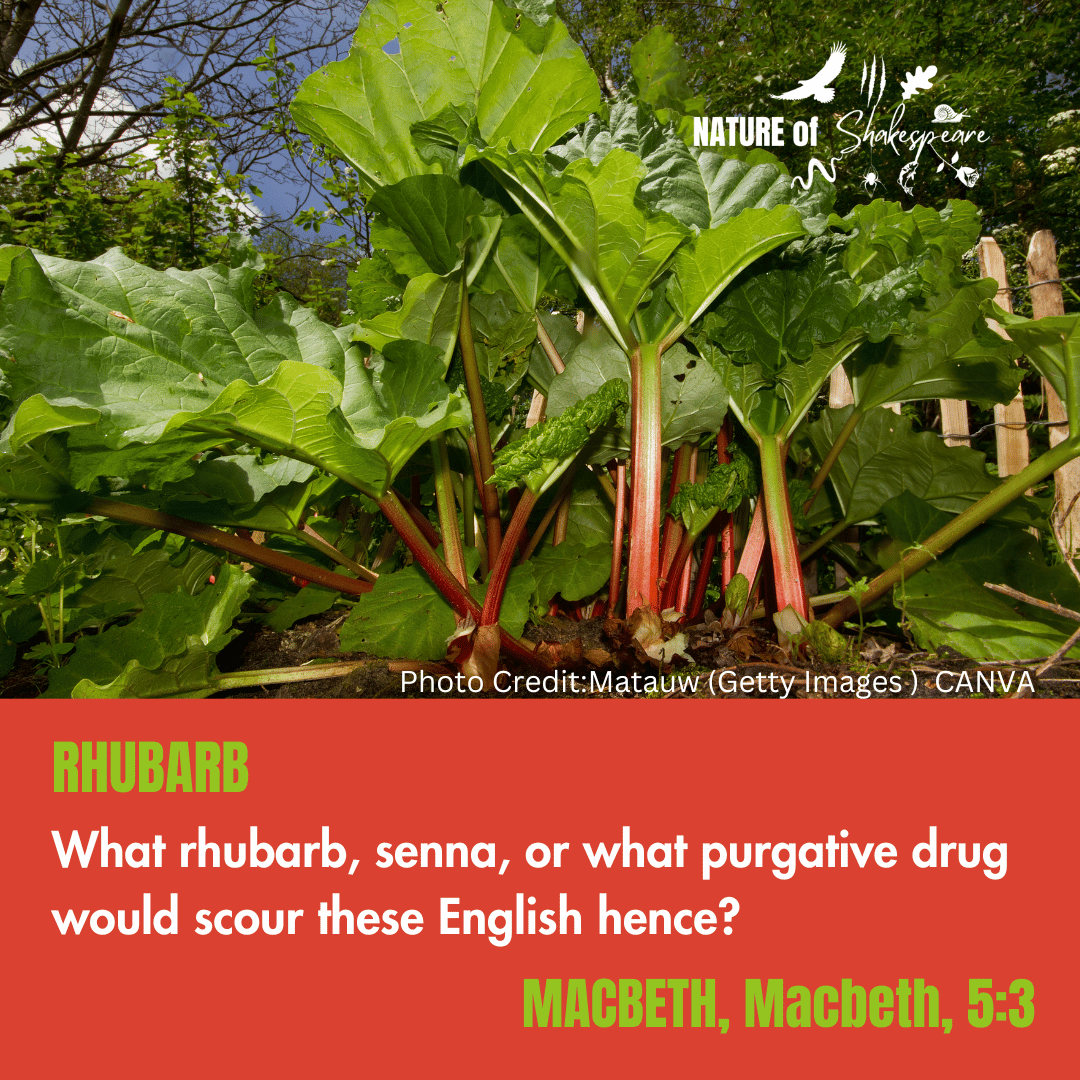









FLAX (LINEN)
Shakespeare Species Flax (Linen): His richness and costliness of spirit looked through him; it could no more be hid than fire in flax. Flax, the plant that produces linen, clothed people in Shakespeare’s world from birth to death, but is rarely grown in Britain today.


BARBARY HORSE
Shakespeare Species Barbary Horses: The King, sir, hath wagered him six Barbary horses. The Barbary Horse had the highest status of all horses at the time. Barb Horses are still associated with the North African region & are related to Arab Horses.








DIVEDAPPER
Shakespeare Species Divedapper: Upon this promise did he raise his chin like a divedapper peering through a wave. The divedapper is probably the Little Grebe, a water bird which regularly dives through the water.